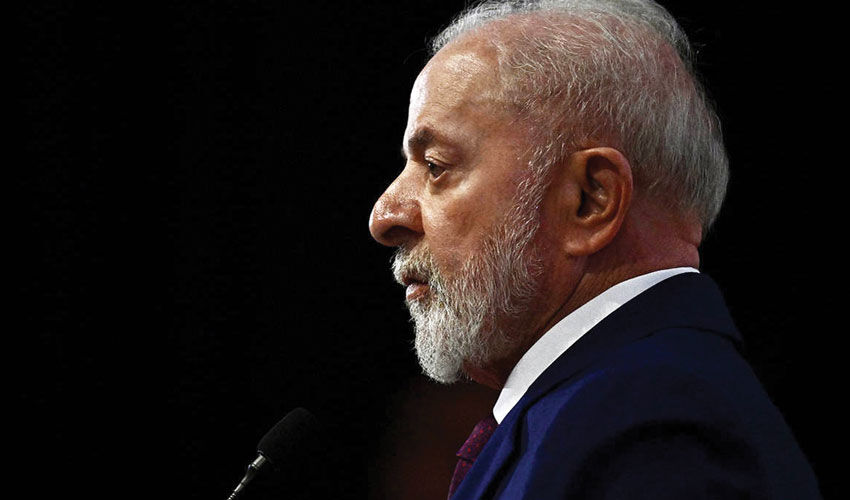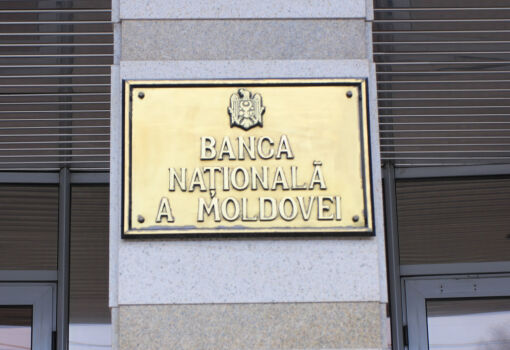
But while America then often failed to do what it itself preached, now it not only fails to do it, it fails to preach it. And the reason is President Donald Trump and the Republican Party.
During Trump’s first term, his contempt for the rule of law culminated in his attempt to abolish the most important principle of democracy: the peaceful transfer of power. He claimed (and still claims) that he won the 2020 election even though Joe Biden received seven million more votes, and dozens of courts have ruled that there were no significant irregularities in the election.
For better or worse, America has long served as a role model for other countries. And unfortunately, there are demagogues around the world who are willing to embrace Trump’s formula, trampling on democratic institutions and repudiating the values that underpin them.
A prime example is former Brazilian President Jair Bolsonaro, who went so far as to try to copy the January 6, 2021 attack on the U.S. Capitol, undertaken to prevent Biden’s election. The January 8, 2023 coup attempt in the city of Brasilia was larger than the attack on the U.S. Capitol, but Brazilian institutions stood their ground – and are now demanding that Bolsonaro be held accountable.
Meanwhile, the U.S. has moved in the opposite direction since Trump returned to the White House in January. He again explained that he loves duties and rejects the rule of law. Trump has even violated the trade agreement he himself negotiated with Mexico and Canada during his first term. Ignoring the U.S. Constitution, which gives Congress the exclusive power to impose taxes (and duties are just a type of tax on imported goods and services), he threatened to impose a 50% duty on Brazil if it didn’t close the case against Bolsonaro.
In doing so, Trump violated the rule of law by demanding that Brazil, which is following all due process standards in the Bolsonaro case, do the same. Congress has never used duties as a tool to coerce foreign countries to submit to the political dictates of a U.S. president. And Trump can’t cite a single law that gives him even a fig leaf to cover up the unconstitutionality of his actions.
Brazil’s actions are in stark contrast to what is happening in the US. The judicial process in America moved slowly but fairly, bringing those involved in the January 6 riot to justice. However, immediately after his second inauguration, Trump exercised his presidential pardon power and pardoned those convicted in the case, including the most violent rioters. Complicity in the attack, which killed five people and injured more than 100 police officers, was no longer a crime.
Like China, Brazil refuses to comply with U.S. threats. President Luiz Inácio Lula da Silva called Trump’s threat “unacceptable blackmail” and added that “no foreigner can give orders to the country’s president.”
Lula defends his country’s sovereignty not only in trade, but also in regulating US-controlled technology platforms. U.S. techno-oligarchs use money and global influence to force countries around the world to give them free rein to pursue profit-maximizing strategies, which inevitably causes enormous harm, including through the spread of erroneous information and misinformation.
As in the recent elections in Canada and Australia, Brazil has experienced a “Trump effect”: Lula’s national support has increased as Brazilians have turned away from the U.S. administration and rallied around their president. However, it was not this that prompted Lula to take a bold stand, but a genuine belief in Brazil’s right to pursue its own policies without foreign interference.
Under Lula’s leadership, Brazil has chosen to reaffirm its commitment to the rule of law and democracy, precisely at a time when America is clearly rejecting its own Constitution. Hopefully, leaders of other countries, large and small, will also show similar courage when faced with threats from the world’s most powerful country. Trump has weakened democracy and the rule of law in the US – perhaps irreversibly. But he cannot be allowed to do the same in other countries.
Joseph Stiglitz,
Nobel Prize-winning economist, former chief economist of the World Bank,
former chairman of the President’s Council of Economic Advisers,
Professor at Columbia University.
© Project Syndicate, 2025.
www.project-syndicate.org

